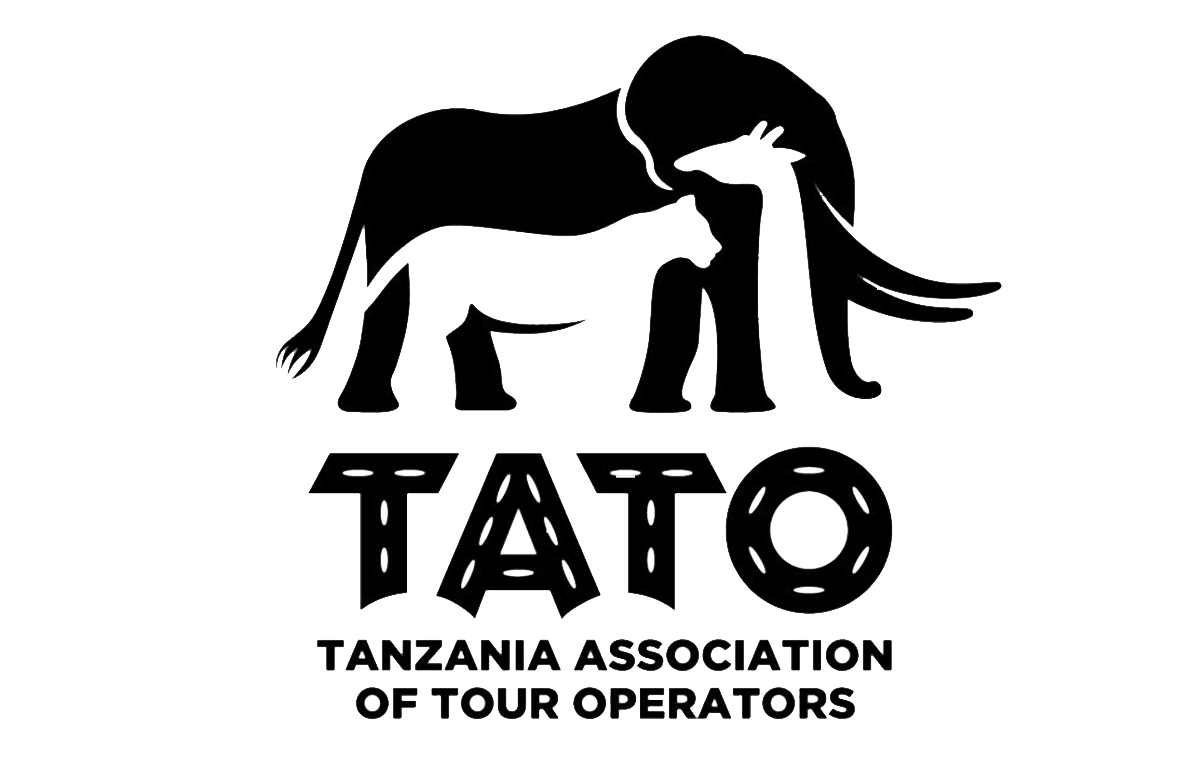Put money where your mouths eat- Chambulo

The Tanzania Association of Tour Operators (TATO) has highlighted the crucial role tourism stakeholders must play in supporting conservation initiatives.
Speaking to tourism stakeholders recently assembled in Arusha to honor Tanzania’s founding father, Mwalimu Julius Nyerere, and his legacy in conservation, TATO Chairman, Mr. Wilbard Chambulo, called for financial support to enhance conservation efforts.
“My request is simple yet profound: contribute just one dollar for every tourist brought to Serengeti National Park. This nominal fee will bolster the de-snaring initiative aimed at combating an emerging poaching threat to the park’s wildlife,” Mr. Chambulo stated. He urged tour operators to “put money where their mouths eat,” underscoring the responsibility today’s environmental custodians have towards future generations.
Mr. Chambulo expressed frustration over the reluctance of some large-scale investors who profit substantially from Tanzania’s natural resources but have not contributed financially to conservation efforts. “We’ve inherited this land from our parents; what legacy are we leaving for our children and future generations?” he implored.
Previously, subsistence poaching driven by poverty has now escalated into large-scale commercial operations, bringing renewed pressure on Tanzania’s flagship national park, the Serengeti, following a decade-long lull. This surging threat has spurred tourism investors to establish a de-snaring program in April 2017 under a Public-Private Partnership (PPP) model with Tanzania National Parks (TANAPA), the Frankfurt Zoological Society (FZS), and others.
Snares, originally set to capture abundant species like wildebeests for bushmeat, unintentionally put numerous non-target species, including elephants and predators, at risk. To date, teams consisting of reformed poachers have tirelessly dismantled thousands of snares, freeing countless animals trapped in the process.
However, the continued success and expansion of this vital program depend on securing broader financial support, particularly from those who directly benefit from the Serengeti’s rich ecosystems. “Tour operators, whose businesses thrive on the splendor of the region’s wildlife, are integral to this effort. Through their contributions, they can help extend the program’s reach, ensuring that the Serengeti remains a safe haven for its iconic animal populations,” Mr. Chambulo noted.
He posited that by committing to this cause, tour operators can showcase their dedication to safeguarding Tanzania’s invaluable wildlife for future generations. Through this appeal, Mr. Chambulo and the FZS aim to cultivate an enduring legacy of cooperative conservation, where the tourism industry stands as a proud steward of the Serengeti’s natural wonders.
“In doing so, you will not only protect an irreplaceable ecosystem, but also ensure a prosperous future for yourself within a flourishing, sustainable tourism industry,” concluded Mr. Chambulo.
TATO (Tanzania Association of Tour Operators) is the country’s premier members-only organization, advocating for over 300 private expert tour operators in Tanzania, recognized as the world’s top safari destination.
Tanzania boasts four of the most sought-after adventure locales on the planet: the Serengeti, Mount Kilimanjaro, Zanzibar, and Ngorongoro Crater.
“The primary mission of TATO is to support the substantial network of tour operators within Tanzania,” stated the organization’s Executive Director, Mr. Elirehema Maturo.
These tour operators design and lead exhilarating expeditions across the Serengeti’s sweeping savannas or manage the complex ascents of Mount Kilimanjaro.

